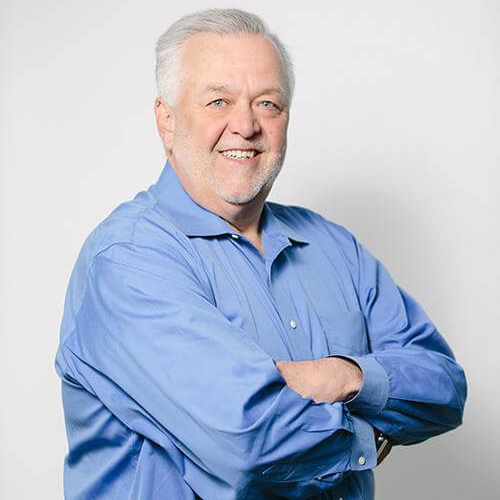I frequently see people who think that their will directs who gets their retirement accounts after they pass away.
This isn’t necessarily true. The only time your will matters in terms of your retirement accounts is if you haven’t selected beneficiaries or if all of your chosen beneficiaries are deceased. This last choice, however, is the worst possible way to distribute your retirement accounts to heirs. If done this way, the entire account balance becomes taxable income if your estate is the beneficiary, and the asset will have to pass through the courts and probate to get to the ultimate owners.
Another unwise move that we frequently see is where a parent will make one child the beneficiary of the retirement accounts and ask that child to equalize later. This causes many problems, the first being income taxes. The beneficiary must withdraw funds from the retirement account in order to get it to the other beneficiary and will have to pay income taxes on that withdrawal. A second issue may be gift limits. If it’s a large retirement account, and the amount owed to others is above $18,000 (as of 2024), the federal gift limits come into play. The last part about this that doesn’t work is that the named beneficiary has no legal obligation to share the retirement account proceeds, regardless of what your will or trusts say. The named beneficiary is always the winner. To this, most proud parents say, “My kids would never do that.” Really? I’ve seen many circumstances in family feuds where the named beneficiary will look a sibling in the eye and say that they are the sole beneficiary because that is how Mom wanted it.
Your retirement accounts may need special attention if your beneficiaries need special attention. Whether it’s a bad marriage, dependency or spend thrift issues, the statistics on how fast beneficiaries blow through retirement funds is staggering. In this case consider a trusteed IRA which instructs the account custodian to limit the beneficiary’s ability to take large sums out by spreading the withdrawals over their life expectancy. For larger retirement accounts, I suggest a trust. Even without beneficiary issues, large sums of money are best dispersed through a trust headed by an independent trustee.
If charities are part of your estate plan, consider donating with retirement accounts. The charity will pay zero income tax when cashing in the account and you can use any other after-tax assets to fulfill the bequests intended for family or friends. Avoiding the income taxation at the beneficiary level ultimately makes their bequests after-tax dollars a little larger.
If your advisors were creative enough to help you own Roth retirement accounts, consider the youngest beneficiaries in the family tree for this one. While the Roth does require lifetime distributions, the tax-free nature of this account is most beneficial to those with the most time left on earth.
The opinions voiced in this material are for general information only and are not intended to provide specific advice or recommendations for any individual. This information is not intended to be a substitute for specific individualized tax advice. We suggest that you discuss your specific tax issues with a qualified tax advisor. Napier Financial and US Financial Advisors do not offer tax advice.
John P. Napolitano CFP®, CPA, PFS, MST is Founder and Chairman of Napier Financial in Braintree, MA. Visit napierfinancial.com for more information. The opinions voiced in this material are for general information only and are not intended to provide specific advice or recommendations for any individual. Legal counsel should be consulted for specific advice or recommendations about any individual’s personal legal circumstances. Investment and financial planning advice offered through US Financial Advisors and Great Valley Advisor Group, Registered Investment Advisors.

